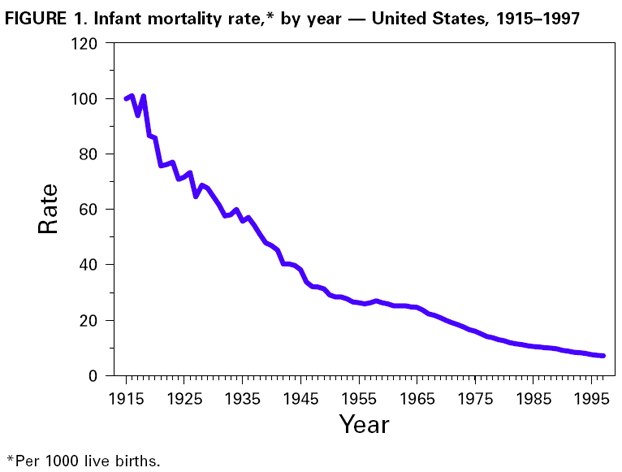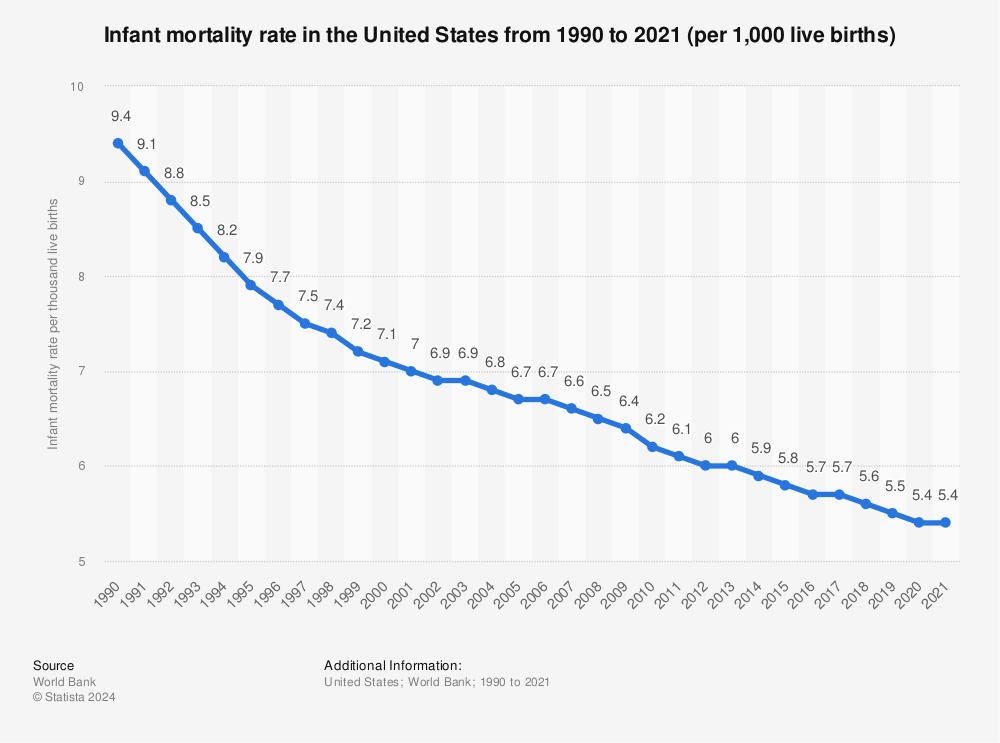Mr Natural
Platinum Member
- Aug 23, 2009
- 24,054
- 11,819
- 950
There you go!Why not wait till you're DEAD to be eligible?
Now you’re thinking like a good Republican.
Follow along with the video below to see how to install our site as a web app on your home screen.
Note: This feature may not be available in some browsers.
There you go!Why not wait till you're DEAD to be eligible?
All excess SS funds go into the general fund, where they are promptly spent. That money has to be repaid out of the general fund, which is borrowed from any source that will pony up some money. Take that cycle out of the picture, allow the excess funds to be invested outside of the government, and you can say it's not government subsidized.It isn't "government subsidized" jack ass.
We all paid into it
Do you deny that the average lifespan was 63 years when SS was instituted, two years less than the retirement age? SS was never intended to provide the average worker 12 years of idleness after retirement, it was designed to provide basic living for the truly elderly who had no other resources. Before SS, you died while you were working, or your kids took care of you after you couldn't work anymore. Only since then have we decided that society would have to take care of the elderly.:::: headshake::::
That's the original plan. Most workers died before they could begin collecting. It's a brutal truth, and one that's conveniently lost to memory. Tell us this though, WHY should the taxpayers give the average worker 12 years of idleness (and yes, it's the taxpayers of today that support the retirees of today because their contributions are long ago spent)? Why? If we stuck to the original model, SS eligibility wouldn't start until the age of 79, the program would still be flush with funds, and our payroll taxes would be much lower.Why not wait till you're DEAD to be eligible?
Santa Claus? I don't know about you butthead but I paid into Social Security my entire working life.Neither party is going to significantly damage those programs because they are a treasure trove of sure votes. It's hard to run against Santa Claus.
...yeah but you also need to factor in that the younger people live longer than their ancestors and therefore receive a larger payout of benefits. This one is for the actuaries to deal with.I had.
You repeatedly said raising the Full Retirement Age was not a cut because current recipients and those over 54 would be grandfathered.
I showed you mathematically though that yes, raising FRA is a cut for those under the grandfather age as it means not being eligibile for FRA benefits until later. Later benefits means less payout over the same period.
WW
Your kids should live longer than you and will therefore get many more SS payments.And there ya have it.
Fucking with Social Security and Medicare for people already living off it or soon to retire is political suicide.
So they target MY KID'S retirement thinking that is politically safer.
Fuck that
Have you added up the total amount you paid in and compared it to how much you'll get out? The average worker pays $3,000/year into SS. Now, let's say you work for 45 years, from age 20 to 65 and pay that much every year. That's a grand total of $135,000 you pay in. Now, the average SS payout is $16,800/year. That means that you stop getting back what you paid in and start getting more out after 8 years. Are you going to stop collecting SS when you're 73? That's all that you earned and paid for, after all.Santa Claus? I don't know about you butthead but I paid into Social Security my entire working life.
I earned and paid for those benefits.
Especially if they raise the retirement age slowly and grandfather in those above a certain age as they go. The bottom line is, the current setup is unsustainable, and they're just kicking the can down the road, hoping the crash won't happen on their watch.Your kids should live longer than you and will therefore get many more SS payments.
This is one for the actuaries to deal with.
Your kids are not getting cheated.
Do you deny that the average lifespan was 63 years when SS was instituted, two years less than the retirement age? SS was never intended to provide the average worker 12 years of idleness after retirement, it was designed to provide basic living for the truly elderly who had no other resources. Before SS, you died while you were working, or your kids took care of you after you couldn't work anymore. Only since then have we decided that society would have to take care of the elderly.
I like the Amish solution. As each child reaches adulthood, they move out and start their own families. The youngest stays, builds an apartment onto the house for Mom and Dad to live in when they get too old to work, take care of them, and in turn, inherit the family farm.

That's the original plan. Most workers died before they could begin collecting. It's a brutal truth, and one that's conveniently lost to memory
Have you added up the total amount you paid in and compared it to how much you'll get out? The average worker pays $3,000/year into SS. Now, let's say you work for 45 years, from age 20 to 65 and pay that much every year. That's a grand total of $135,000 you pay in. Now, the average SS payout is $16,800/year. That means that you stop getting back what you paid in and start getting more out after 8 years. Are you going to stop collecting SS when you're 73? That's all that you earned and paid for, after all.
Especially if they raise the retirement age slowly and grandfather in those above a certain age as they go. The bottom line is, the current setup is unsustainable, and they're just kicking the can down the road, hoping the crash won't happen on their watch.
/———/ I never said raising the Full Retirement Age was not a cut. I saw it in this thread, and I agree delaying the retirement age is a cut.I had.
You repeatedly said raising the Full Retirement Age was not a cut because current recipients and those over 54 would be grandfathered.
I showed you mathematically though that yes, raising FRA is a cut for those under the grandfather age as it means not being eligibile for FRA benefits until later. Later benefits means less payout over the same period.
WW
/———/ I never said raising the Full Retirement Age was not a cut. I saw it in this thread, and I agree delaying the retirement age is a cut.
You obviously have no clue about the time value of money. Don't post if you don't know the subject matter.Have you added up the total amount you paid in and compared it to how much you'll get out? The average worker pays $3,000/year into SS. Now, let's say you work for 45 years, from age 20 to 65 and pay that much every year. That's a grand total of $135,000 you pay in. Now, the average SS payout is $16,800/year. That means that you stop getting back what you paid in and start getting more out after 8 years. Are you going to stop collecting SS when you're 73? That's all that you earned and paid for, after all.
Yea. Put it in bitcoinAll excess SS funds go into the general fund, where they are promptly spent. That money has to be repaid out of the general fund, which is borrowed from any source that will pony up some money. Take that cycle out of the picture, allow the excess funds to be invested outside of the government, and you can say it's not government subsidized.
...yeah but you also need to factor in that the younger people live longer than their ancestors and therefore receive a larger payout of benefits. This one is for the actuaries to deal with.

